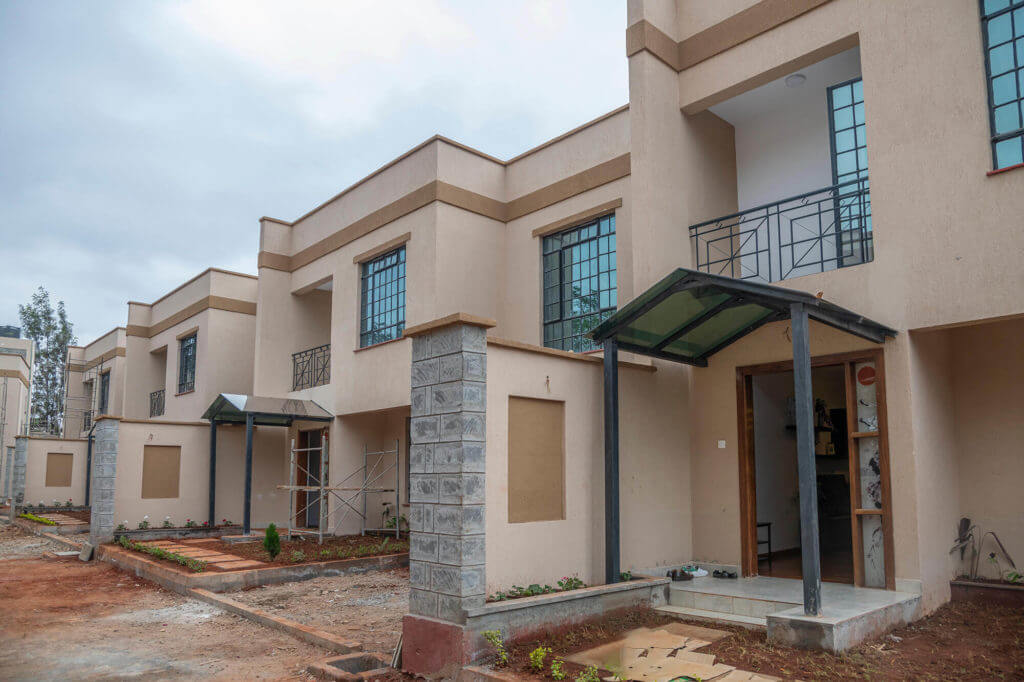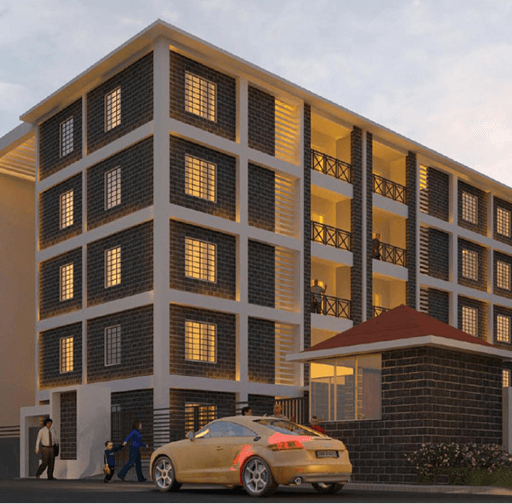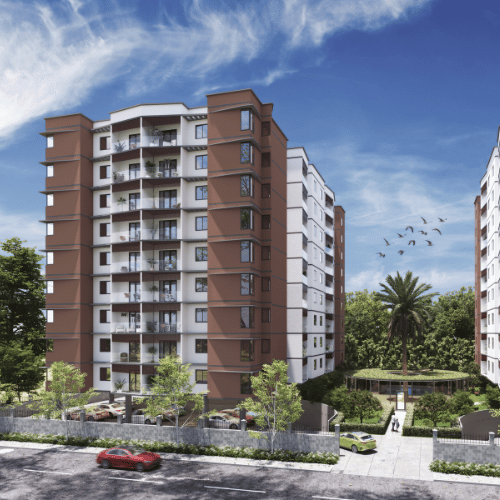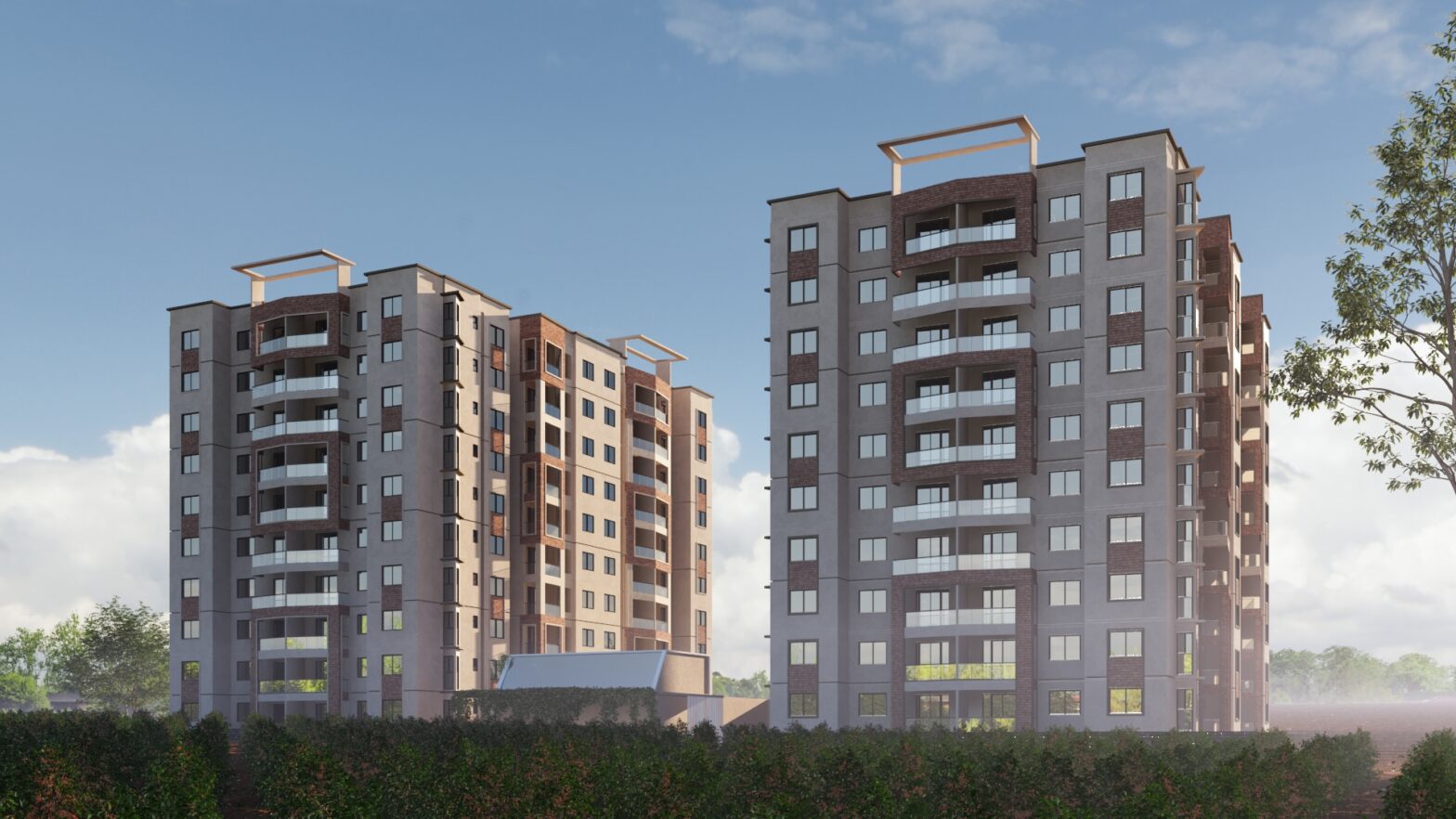Local housing trends: Are home sales up or down? Is this a buyer’s or seller’s market? How do mortgage rates affect local buying?
August 15, 2024
For as far back as twenty years, the Kenyan housing market has developed dramatically as confirmed by its commitment to the country’s Gross domestic product which developed from 10.5% in 2000 to 12.6% in 2012 and 13.8% in 2016. The development is driven by many factors including but not limited to:
- Infrastructural advancements like improved streets, utility associations, update of key air terminals;
- Stable Gross domestic product development which has found the middle value of at 5.4% throughout the most recent 5 years against a Sub-Saharan normal of 4.1%;
- Segment patterns, for example, fast urbanization at 4.4% p.a against the world’s 2.5% and populace development averaging at 2.6% p.a; and
- High absolute returns averaging at 25.0% against 12.4% in the customary resource classes.
Housing trends in Kenya
These components have hence prompted the improvement of exceptional patterns across the different land topics, as financial backers tried to acquire significant yields and purchasers looked for optimistic ways of life and quality items.
With a quickly developing population and an expanding working class, the private sector aka housing sector has recorded the most demand with the nationwide housing deficiency remaining at 200,000 units yearly and a gathered shortfall of more than 2 million units. Nonetheless, the biggest interest has been for reasonable lodging to cater for the 61% of metropolitan tenants who live in ghettos and lack understudy convenience representing 40% of the deficiency.
In this way, it is expected that more engineers will progressively apply for minimal expense lodging development techniques, for example, elective structure innovations which are referred to diminish development costs by as much as half. Also, with the interest for a live-work-play lifestyle, master-planned communities are expanding with regions, for example, Kiambu and Machakos regions turning out to be areas of interest.
Furthermore, in June 2020, the Kenya National Bureau of Statistics (KNBS) delivered the consequences of a review which demonstrated that in six out of each ten families, the provider couldn’t provide because of the Coronavirus pandemic.
Given the resultant effect on jobs because of pandemic-related lay-offs and redundancies, a large number of Kenyans battled to pay lease, with some mentioning property managers to lessen or forgo the lease, and others moving to less expensive lodging choices or moving from urban spaces to rural towns to save money on costs.
Because of these movements against the setting of falling earnings, smaller towns such as Ngong, Thika, and Kitengela have encountered expanded rentals and interest for the property, with customers hoping to rent less expensive houses and trying to buy moderate land within a reasonable distance from Nairobi. The acquisition of land and property in smaller towns has become a trend in 2021. Thusly, offering overhauled plots or quality houses in smaller towns is something investors can consider.
On the other side, the rise in demand for less expensive or more reasonable rental alternatives has prompted a high tenant turnover in high-end developments. This trend is expected to proceed along these lines catalyzing the potential for private developers in the reasonable real estate market.
Is Kenya a buyer’s or a seller’s market?
As of 2019, the trend had started to change and it changed from a seller’s market to a buyer’s market. Furthermore, due to the pandemic, a lot of people thought that it will again become a seller’s market. However, contrary to the popular assumptions, Kenya has remained a buyer’s market in 2021 as well which means that the supply of houses is a lot and it exceeds the demand for houses. As a result, the prices of houses decrease because the sellers have to compete with each other. This makes the best opportunity for people who want to invest in houses right now.
In case of any confusion, you can always visit Impala Developers. It may be advisable to visit their website first and consult with them before randomly investing in the private sector in Kenya, as Impala Developers is a Real Estate Development Company in this respective field that can help you in many ways.
How do mortgage rates affect local buying?
The average mortgage rate in Kenya is about 13 percent. Mortgage rates can affect local buying in a lot of different ways including but not limited to:
If the mortgage rate is quite high, it means that whoever takes out a loan. They will have to pay a higher amount of money in the form of interest, which makes some people hesitate in taking out a mortgage loan for purchasing a house. In short, a high mortgage rate discourages people to purchase a house that they might actually be able to afford and vice-versa.





